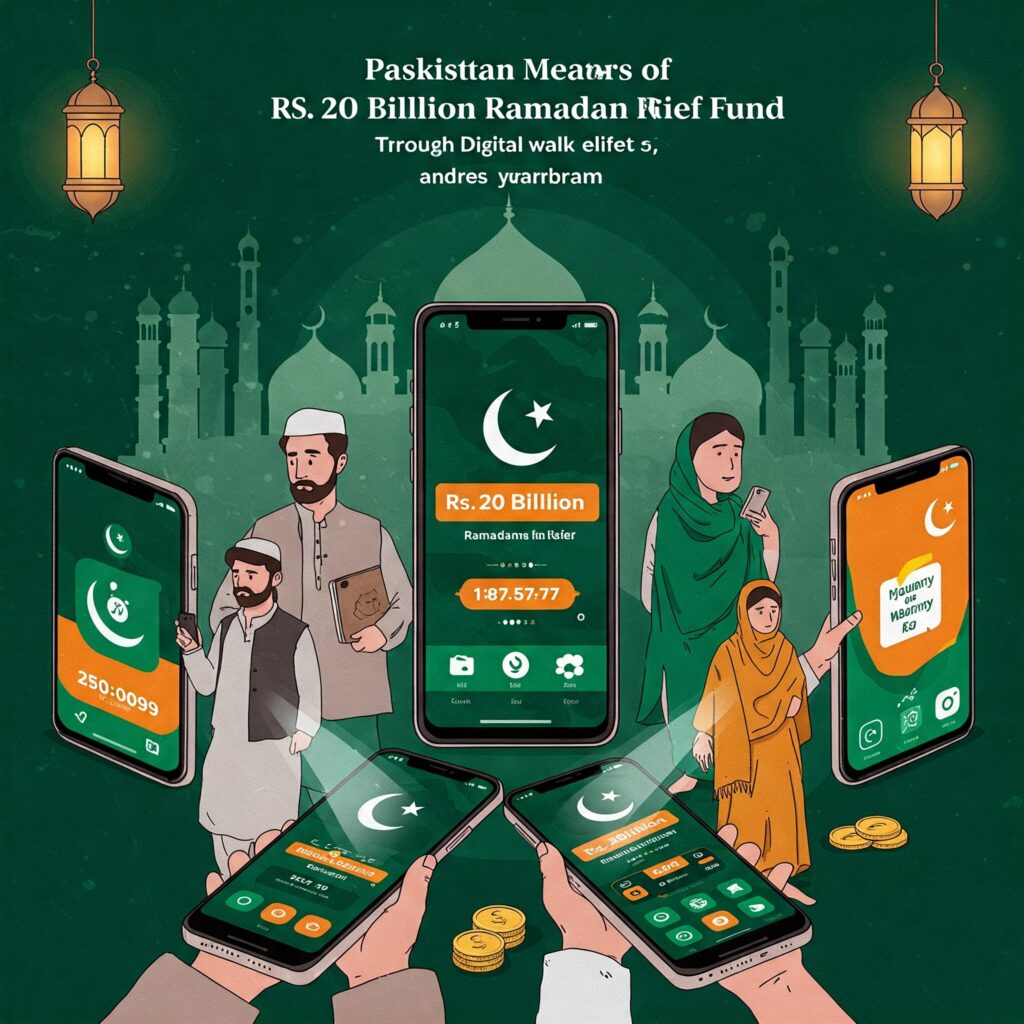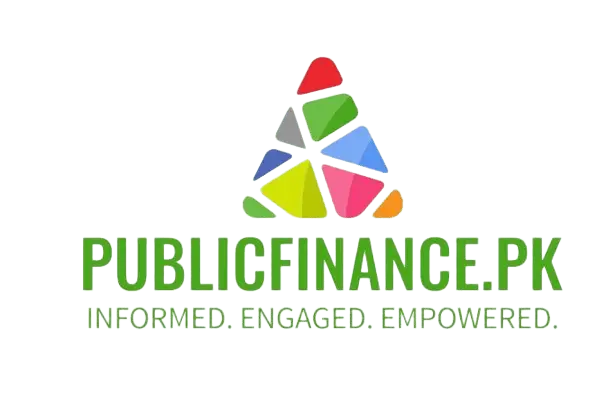
In a landmark move to support vulnerable populations during the holy month of Ramadan, Prime Minister Shehbaz Sharif has unveiled a Rs. 20 billion relief package targeting four million deserving families across Pakistan. Each family is set to receive Rs. 5,000 through digital wallets, marking a significant shift towards digital financial inclusion.
Positive Features of Digital Wallet Disbursement
- Enhanced Transparency and Accountability
Utilizing digital wallets ensures that funds are transferred directly to beneficiaries, minimizing the risk of intermediaries misappropriating funds. This direct approach enhances transparency and allows for precise tracking of disbursements, thereby reducing opportunities for corruption.
- Financial Inclusion
Digital wallets serve as an entry point for unbanked populations into the formal financial system. In Pakistan, where a significant portion of the population lacks access to traditional banking services, this initiative can promote financial inclusion by familiarizing users with digital financial tools.
- Operational Efficiency
Digital disbursement reduces administrative burdens associated with cash handling, such as distribution logistics and security concerns. It enables swift and efficient fund transfers, ensuring that beneficiaries receive support promptly, which is crucial during time-sensitive periods like Ramadan.
- Cost-Effectiveness
By eliminating the need for physical distribution centers and reducing manpower requirements, digital transfers can lower operational costs. These savings can be redirected to enhance the relief program or fund additional social initiatives.
- Data-Driven Decision Making
The digital nature of transactions allows for the collection of real-time data on fund utilization. This data can inform policymakers about spending patterns and areas needing further assistance, enabling more targeted and effective interventions in the future.
Key Challenges in Digital Wallet Implementation
- Digital Literacy
A significant challenge is the varying levels of digital literacy among beneficiaries. Some individuals, particularly in rural areas, may be unfamiliar with digital wallets, leading to difficulties in accessing funds.
- Infrastructure Limitations
Reliable internet connectivity and access to smartphones are prerequisites for digital wallet usage. In regions with limited infrastructure, beneficiaries may face challenges in utilizing digital financial services effectively.
- Cybersecurity Concerns
The shift to digital platforms introduces risks related to data breaches and fraud. Ensuring robust cybersecurity measures is essential to protect beneficiaries’ personal and financial information.
- Trust Issues
Beneficiaries accustomed to cash transactions may be skeptical about digital wallets, fearing potential scams or technical issues. Building trust through community engagement and education is crucial for successful adoption.
- Regulatory and Operational Challenges
Coordinating between various governmental and financial institutions to ensure seamless integration of digital wallets can be complex. Establishing clear regulatory frameworks and operational protocols is necessary to address these challenges.
Additional Considerations
- User Education Programs
Implementing training sessions and support services can empower beneficiaries to use digital wallets confidently, maximizing the program’s effectiveness.
- Monitoring and Evaluation
Establishing mechanisms to monitor disbursement processes and gather feedback can help in refining the system and addressing any emerging issues promptly.
The disbursement of Pakistan’s Rs. 20 billion Ramadan relief package through digital wallets represents a progressive step towards modernizing financial aid distribution. While the approach offers numerous benefits, including enhanced transparency and financial inclusion, addressing challenges such as digital literacy and infrastructure limitations is crucial for its success. Through strategic planning and stakeholder collaboration, digital wallets can become a cornerstone of effective and inclusive public welfare programs in Pakistan.
